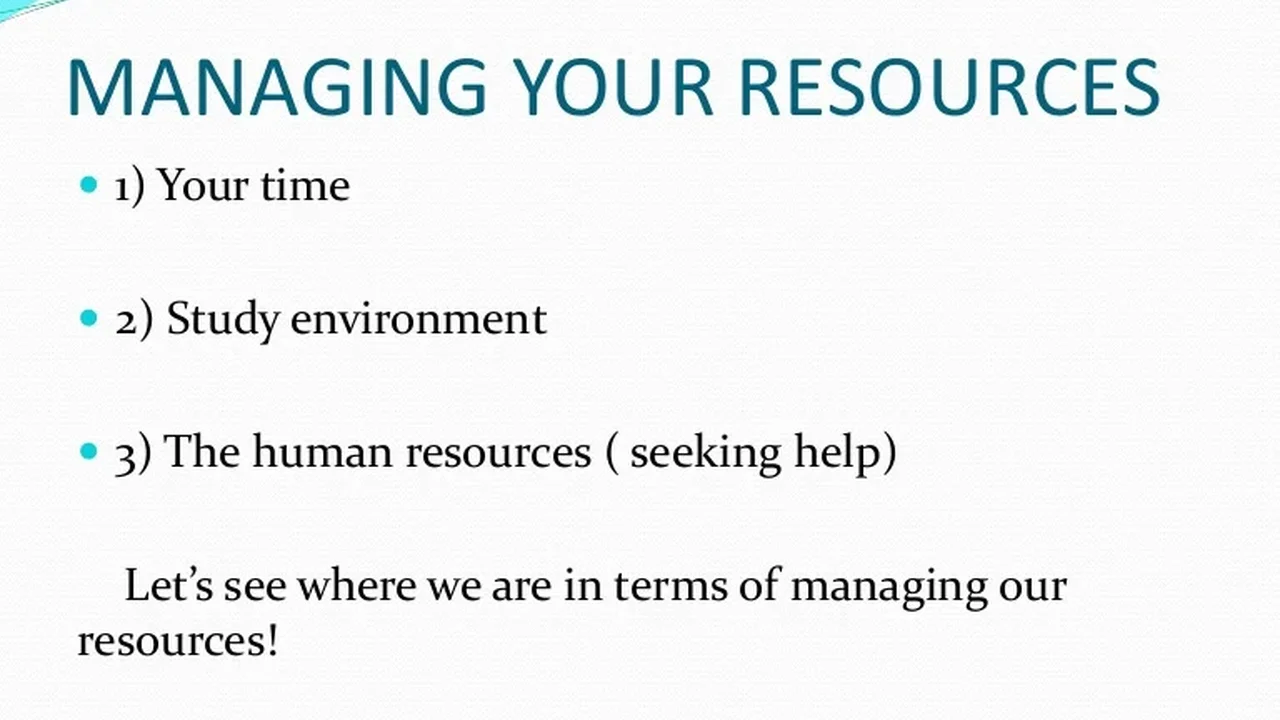5 Common Insurance Company Tactics to Watch Out For
Sample meta description.

Understanding Insurance Company Tactics: A Proactive Approach to Insurance Claims
Dealing with insurance companies after an accident or a loss can be stressful. You're already dealing with a difficult situation, and the insurance company is supposed to be there to help. But sometimes, it feels like they're working against you. That's because insurance companies are businesses, and their goal is to minimize payouts. Knowing their tactics can help you navigate the claims process more effectively and get the settlement you deserve.
Tactic 1: Delay, Delay, Delay: How Insurance Companies Use Time to Their Advantage
One of the most common tactics is simply delaying the process. They might take a long time to respond to your calls or emails, request unnecessary documentation, or conduct lengthy investigations. The longer the process drags on, the more frustrated you become, and the more likely you are to accept a lower settlement just to get it over with. They're betting on you getting worn down. Think of it like this: you're constantly calling, emailing, and chasing after them. It's exhausting, right? That's the point! They hope you'll just give up or accept a lowball offer.
What to do: Keep meticulous records of all communication with the insurance company. Send all correspondence in writing (email or certified mail), and document the dates and times of all phone calls. Set deadlines for responses and politely but firmly remind them of these deadlines. If the delays become excessive, consider contacting your state's insurance commissioner or consulting with an attorney. Don't be afraid to push back. Remember, you have rights!
Tactic 2: Lowball Offers: Negotiating Strategies for Fair Insurance Settlements
Another frequent tactic is offering a settlement that's significantly lower than what your claim is actually worth. They might try to downplay the extent of your damages or argue that your injuries aren't as severe as you claim. They might even try to use a pre-existing condition against you, claiming it's the primary cause of your problems. Imagine your car is totaled, and they offer you half of what it's worth! That's a lowball offer, and it's designed to make you feel like you have no other options.
What to do: Don't accept the first offer! Always negotiate. Research the value of your damages or injuries. Get multiple estimates for repairs or medical treatment. Gather evidence to support your claim, such as photos, videos, and witness statements. Be prepared to present your case clearly and persuasively. Highlight the strengths of your claim and the weaknesses of their arguments. If they continue to lowball you, consider engaging a public adjuster or attorney to represent you.
Tactic 3: Deny, Deny, Deny: Understanding Insurance Claim Denials and Your Rights
Sometimes, insurance companies outright deny claims, even if they seem legitimate. They might claim that your policy doesn't cover the loss, that you failed to provide sufficient evidence, or that you violated the terms of your policy. They might use confusing legal jargon to justify their denial, hoping you won't understand your rights. Think of it as them saying, "Sorry, not our problem!" even when it clearly is.
What to do: Don't take "no" for an answer without understanding why. Request a written explanation of the denial, citing the specific policy language or legal basis for their decision. Review your policy carefully to see if the denial is justified. Gather additional evidence to support your claim. Consider filing an appeal with the insurance company or contacting your state's insurance commissioner. If you believe the denial is wrongful, consult with an attorney to explore your legal options.
Tactic 4: Misrepresentation and Twisting: Protecting Yourself From Unethical Insurance Practices
This is a more insidious tactic where insurance companies might misrepresent the terms of your policy or twist your words to justify a denial or lowball offer. They might selectively quote policy language or interpret it in a way that favors them. They might also take your statements out of context or use them against you. Imagine they ask you a question after a car accident, and then use your answer to say you were partially at fault, even if you weren't! That's misrepresentation.
What to do: Be very careful about what you say to the insurance company. Stick to the facts and avoid making assumptions or offering opinions. Record all conversations (if permissible in your state) or take detailed notes. Review all written documents carefully before signing them. If you're unsure about something, ask for clarification in writing. Don't let them put words in your mouth. If you feel like you're being manipulated, seek legal advice.
Tactic 5: Intimidation and Pressure: Resisting High-Pressure Insurance Claim Tactics
Some insurance companies use intimidation and pressure tactics to try to force you into accepting a settlement. They might threaten to deny your claim if you don't agree to their terms, or they might try to rush you into making a decision before you've had time to fully assess your options. They might even try to make you feel guilty or responsible for the loss. They might say things like, "This is the best you're going to get," or "If you don't accept this offer now, you'll get nothing."
What to do: Don't be intimidated. Know your rights and stand your ground. Don't let them rush you into making a decision. Take your time to consider your options and seek advice from trusted sources. If you feel like you're being pressured, politely but firmly tell them that you need more time. Document any instances of intimidation or harassment. Remember, you have the right to negotiate a fair settlement without being bullied.
Recommended Products to Protect Yourself: Insurance Options and Coverage Details
Beyond understanding these tactics, having the right insurance coverage is crucial. Here are a few specific products, their use cases, comparisons, and approximate prices:
Product 1: Umbrella Insurance: Protecting Assets from Large Liability Claims
Use Case: Imagine you're found liable for a serious car accident and the damages exceed your auto insurance policy limits. An umbrella policy kicks in to cover the excess liability, protecting your assets from being seized. It provides an extra layer of security.
Comparison: Compared to simply increasing your auto or homeowners insurance limits, an umbrella policy is often more cost-effective for high levels of liability coverage. It also covers liabilities not typically covered by standard policies, such as libel or slander.
Price: A $1 million umbrella policy typically costs between $150 and $300 per year, depending on your risk factors and existing insurance coverage. Factors like driving record, home ownership, and net worth influence the premium.
Product 2: Uninsured/Underinsured Motorist Coverage: Protecting Against Negligent Drivers
Use Case: You're hit by a driver who either has no insurance or has insufficient insurance to cover your injuries and damages. Uninsured/Underinsured Motorist coverage protects you by paying for your medical bills, lost wages, and pain and suffering up to the policy limits.
Comparison: This coverage is essential because not everyone carries adequate insurance. It fills the gap when the at-fault driver's insurance is insufficient or nonexistent. It's often more affordable than relying solely on your health insurance to cover accident-related injuries.
Price: Uninsured/Underinsured Motorist coverage typically adds between $50 and $150 per year to your auto insurance premium, depending on the coverage limits you choose.
Product 3: Legal Expense Insurance: Access to Legal Representation for Insurance Disputes
Use Case: You're involved in a dispute with your insurance company over a denied claim or a lowball offer. Legal expense insurance provides access to legal representation to help you navigate the claims process and fight for your rights. This could include consultations, document review, and even litigation.
Comparison: Unlike traditional insurance that covers specific losses, legal expense insurance covers the cost of legal services. It's a proactive way to protect yourself from the high cost of legal fees, especially when dealing with complex insurance disputes.
Price: Legal expense insurance plans vary widely in price, but you can typically find plans for between $20 and $50 per month, depending on the coverage limits and services included.
Product 4: Gap Insurance: Covering the Difference Between Loan Balance and Vehicle Value
Use Case: If your car is totaled or stolen, your insurance company will only pay the current market value of the vehicle. If you owe more on your car loan than the vehicle is worth (a common situation, especially with new cars), Gap Insurance covers the "gap" between the loan balance and the insurance payout. This prevents you from owing money on a car you no longer have.
Comparison: Gap insurance is particularly beneficial for those who finance a large portion of their vehicle's purchase price or lease a vehicle. It provides peace of mind knowing that you won't be stuck with a loan balance after a total loss.
Price: Gap insurance typically costs between $200 and $700, either as a one-time fee or rolled into your monthly loan payments. Some dealerships offer it, but it's often cheaper to purchase it directly from your insurance company.
By understanding these tactics and having the right insurance coverage, you can protect yourself from unfair insurance practices and ensure that you receive the compensation you deserve.
:max_bytes(150000):strip_icc()/277019-baked-pork-chops-with-cream-of-mushroom-soup-DDMFS-beauty-4x3-BG-7505-5762b731cf30447d9cbbbbbf387beafa.jpg)






